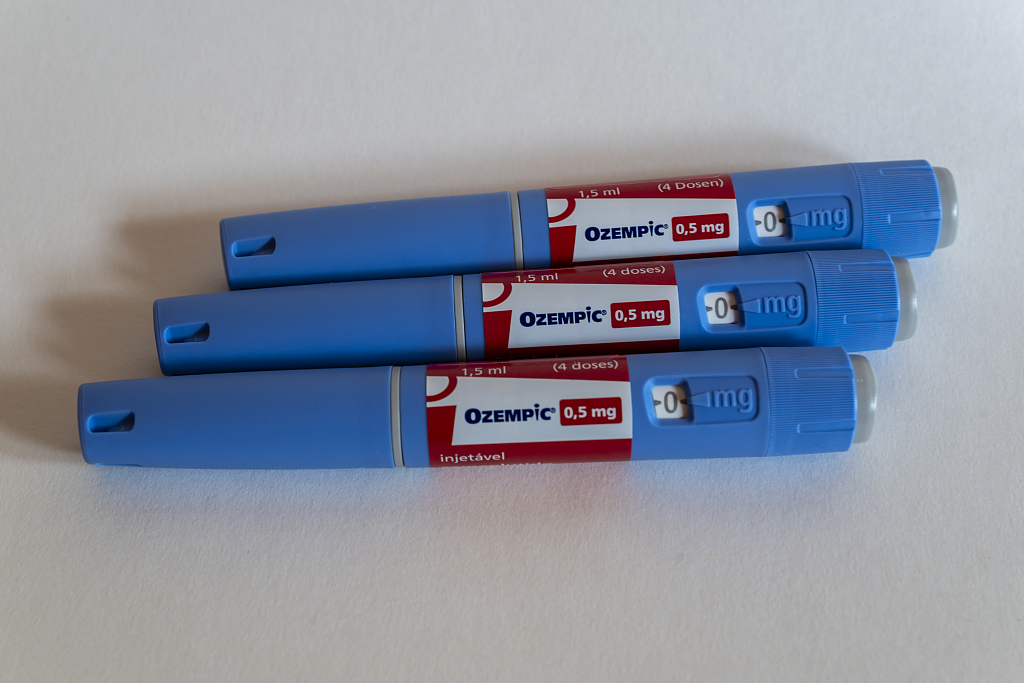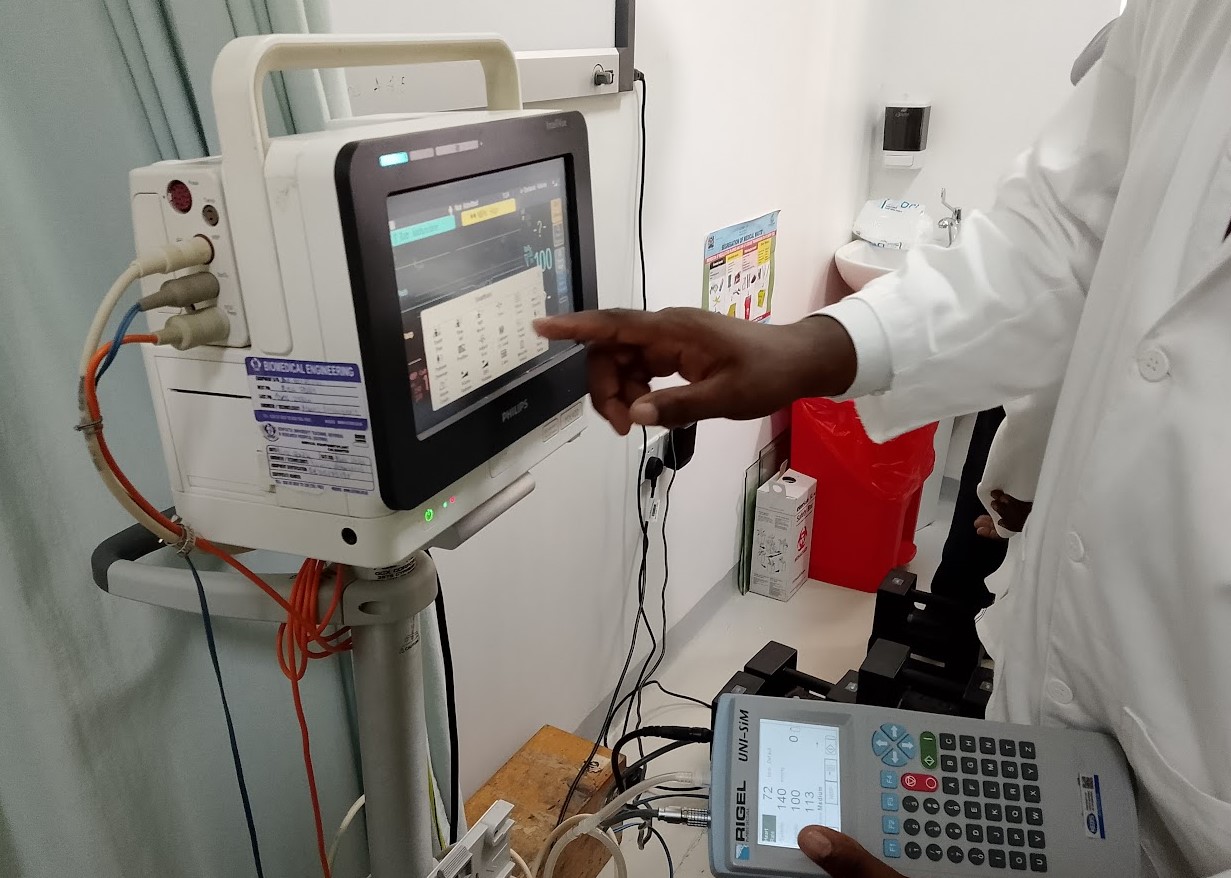
Experts call on more focus on youth to prevent HIV/AIDS infections in Africa

Health Experts on Tuesday said that efforts to prevent HIV/AIDS infections in Africa must focus more on young people because they are at high risk due to peer pressure, drug abuse and alcoholism.
They made the call at the 12th International Workshop on HIV Treatment, Pathogenesis, and Prevention Research in Resource Limited Settings that opened on Tuesday in Rwandan capital Kigali.
The small central African country hosts the event from May 29 to June 1 with a focus on sharing knowledge and experiences in the diagnosis and treatment of HIV in Africa and beyond.
“Youth in Africa are at risk of acquiring new HIV infections owing to various factors, among them being poverty peer pressure, drug abuse and alcoholism. Prevention efforts must focus more on these young people,” said Mark Dybul, co-director of the U.S.-based Center for Global Health and professor in the Department of Medicine at Georgetown University Medical Center.
He said the Africa’s 15 to 24-year-old population engage in high risk sexual behaviors, noting an urgent need for behavioral interventions targeting young Africans living in the most economically disadvantaged areas.
The forum has brought together about 740 people including health scientists involved in HIV treatment, pathogenesis, and prevention research in Africa to share pivotal findings, promote collaboration, and transfer experiences across several fields regarding prevention and treatment of HIV/AIDS in Africa and beyond.
“African leaders and policy makers must do more to protect all young people and empower them to protect themselves and their health. In fact, we cannot end the HIV epidemic without a global movement to end AIDS-related deaths and new HIV infections among adolescents,” said Elly Katabira, professor of Medicine in the School of Medicine, Makerere University College of Health Sciences, Uganda.
He called on African parents to get more involved and to help educate their children about sexuality and the risk for HIV.
Less than 50 percent of both young men and women in majority African countries have attained a comprehensive knowledge about the spread of HIV and its prevention, said Karusa Kiragu, UNAIDS Uganda country director.
Young women are at a higher risk of acquiring HIV because they are more vulnerable to violence, including sexual violence, teenage pregnancy, forced marriage and human trafficking, said Kiragu.
Adolescents and young people represent a growing share of people living with HIV worldwide, according to UN Children’s Fund (UNICEF). In 2016 alone, 610,000 young people between the ages of 15 to 24 were newly infected with HIV, of whom 260,000 or 43 percent were adolescents between the ages of 15 and 19, it said.






